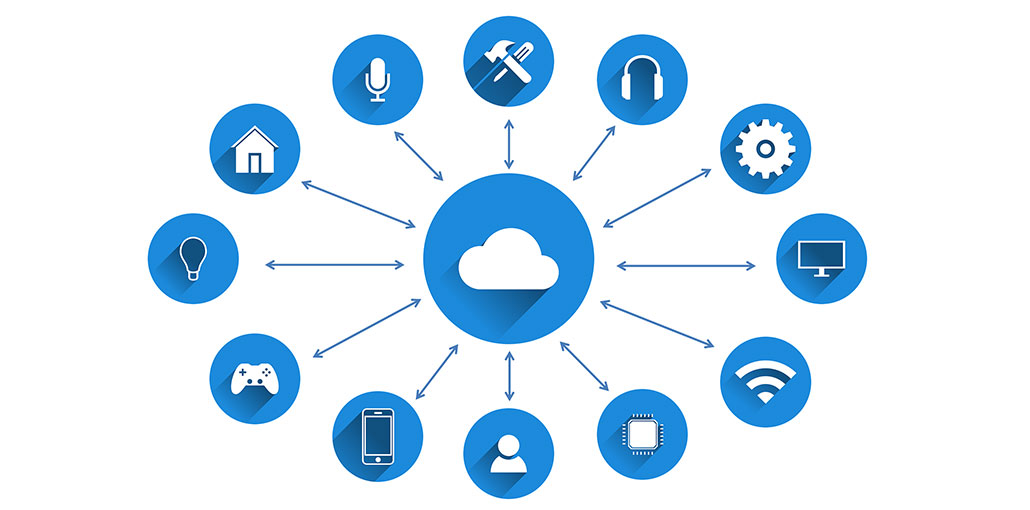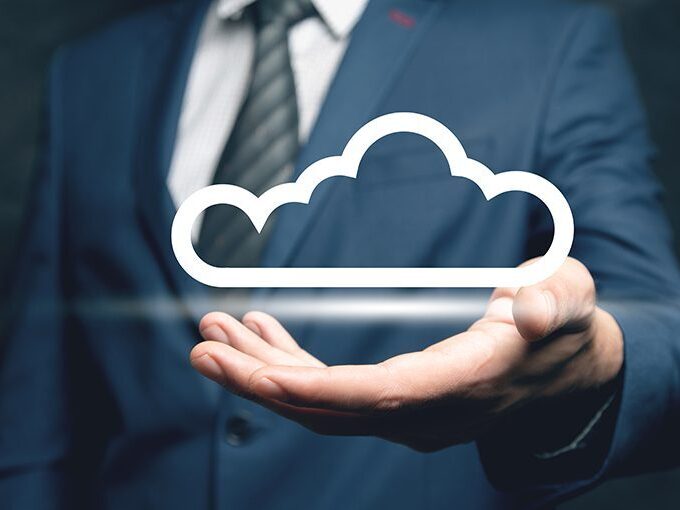IoT (Internet of Things), is no longer a buzzword. Everyone thinks of the interconnected Apple Watch and mobile apps that can collect data about traffic handling and your health status. Everything runs on an IoT platform.
Statista reports that 15.41 Billion IoT-connected devices were found in 2015. This number has increased to 26.66 Billion and is expected to surpass 75 billion by 2025, according to Statista. IoT technology is being used in the manufacturing, healthcare, and corporate sectors.
IoT platforms and tools are considered the most essential elements of the IoT ecosystem. Each IoT gadget can connect to other IoT devices and apps in order to provide data using standard IPs.
IoT platforms are a bridge between data networks and devices sensors. IoT development platforms connect sensors to the data network and provide information using back-end apps. This allows you to make sense of the various sensors’ data.
The market is flooded with IoT application development platforms and tools due to the increasing popularity of IoT in the modern digital age. App development agencies use the most advanced IoT platforms and tools to create sustainable IoT solutions, and for their hosting with support.
Top 10 IoT App Development Platforms and Tools
1. IBM Watson
IBM is trying many things with IoT integrations. IBM Watson’s platform allows secure data transmission, remote device control, and cloud storage. It also provides security features and efficient risk management.
The IBM IoT platform includes a variety of benefits and tools that will make IoT development more efficient and productive.
You can ensure that different devices are connected to this platform. This platform allows designers to complete connectivity, data handling, real-time analysis, and data handling. Data services are used to organize and coordinate real-time data from connected devices.
This platform is secure and offers designers an efficient way to ensure the completeness of IoT solutions.
Also read: Agile vs Waterfall: Which Methodology is Right for Your Next IoT Project?
2. Google Cloud
This best IoT platform provides a comprehensive and integrated IoT solution provider. This platform allows for the development of IoT apps and the management of IoT devices across the globe. The platform features advanced analytics tools that allow companies to gain intuitiveness in real-time.
Google Cloud offers many other great services, including cloud, end-to-end security, advanced analytics, optimization of business processes, and a fully managed infrastructure.
3. Amazon Web Services (AWS)
Another popular IoT platform is this one. It is a cloud-based platform that provides a solid, yet simple framework platform. It is widely used worldwide by many companies due to its versatility and uniqueness. This platform is a great choice for developers because of its adaptability and cost-effectiveness.
Amazon Web Services’ IoT Device Management allows for easy extension and connecting of devices. Administration ensures a flexible and secure application that can monitor, inspect, and refresh the device’s utility.
4. Microsoft Azure
Azure IoT is a large collection of Microsoft-related cloud services that you can use to connect and manage many IoT assets. Your IoT solution will contain multiple IoT devices that can communicate with the cloud’s back-end services.
Secure IoT applications could be developed and secured more securely. You have a decade of experience working with Microsoft enterprise and know that Azure is the best choice for all types of businesses and enterprises. Azure IoT allows you to control any device, tool, or security feature. You can also use data analytics to help meet IoT objects.
Microsoft is focusing on developing more IoT products. Azure IoT is a business innovation that lowers waste using Machine Learning and AI and boosts business productivity.
This platform includes identity registry, device shadowing, and data monitoring. It also has a set of rules engines. Azure IoT Suite can be integrated with Azure Stream Analytics to process large amounts of data generated by sensors.
Also read: Definition of Managed Cloud and Services Provider
5. Cisco IoT Cloud Connect
Another popular IoT platform is this one. It is a cloud-based platform that provides a solid, yet simple framework platform. It is widely used worldwide by many companies due to its versatility and uniqueness. This platform is a great choice for developers because of its adaptability and cost-effectiveness.
Amazon Web Services’ IoT Device Management allows for easy extension and connecting of devices. Administration ensures a flexible and secure application that can monitor, inspect, and refresh the device’s utility.
6. Salesforce
This US-based developer of embedded computing programming and preparations is a good choice if you’re looking for an IoT platform that’s flexible and reliable.
This platform is focused on IoT advancement and creates a comprehensive framework that relates IoT gadgets to clients within Salesforce.
Its main goal is to make IoT data available to everyone. Salesforce allows you to create IoT apps that are tailored for any device and show its data for additional use. Salesforce is client-first, which makes it stand out among the rest.
7. Zetta
Node.js is the foundation of this API-based platform. It is a complete toolkit to create HTTP APIs for devices. Zetta integrates WebSockets and REST APIs to create data-intensive, real-time apps.
These are some of the most notable features of this platform:
- It can convert any device into an API.
- It was designed for data-intensive, real-time apps.
- Developers can use it to create cloud apps, smartphone apps, and device apps.
- It includes essential programming and an interface that makes it easy to control actuators, sensors, and controllers.
- It can be run on a PC or on the cloud.
8. SAP
Remote management and monitoring of all devices that are connected to your IoT framework are possible with this domain. Remote devices can be connected directly or via cloud management.
Developers can use their great analytical skills to prepare, sort out and focus on data from sensors and meters, and other IoT gadgets.
SAP allows you to combine AI apps with IoT data by leveraging the latest tech trends.
Also read: 10 Emerging IoT Career Opportunities
9. HP Enterprise Universal
Clients can connect to this universal IoT platform through a transparent and firm-friendly system. HP Enterprise is known for its modularity, flexibility, and scalability. Clients can monetize the vast amount of data collected from many devices and smart sensors. This includes a large number of apps.
This IoT app platform is known for its ability to simultaneously handle, accurately assess data, secure monetization, and cross-vertical market operations. It also has an in-built app creator.
10. Oracle
Oracle, among all the great IoT platforms, is, globally, a notable IoT platform, is for its actuated arrangements in cloud computing, database management, and enterprise software. The Oracle product line also includes an IoT arrangement.
Oracle IoT platform combines the programming process with the current reality of devices and their analysis. The platform’s flexibility for creating business apps opens up amazing opportunities.
Oracle is a leader in database handling services and supports the creation of large quantities of data. This encourages organizations to develop IoT systems that offer huge opportunities.
A second important point to note is the use of state-of-the-art security elements that protect IoT frameworks against external risks. These frameworks are made up of many gadgets and some do not have basic safety features. It is not enough to have centralized security measures.










Leave a comment